*Disclaimer: EqualRXN is a cruelty-free brand that does not conduct animal testing on the ingredients or the final products.*
A lot of consumers think if a product is sold in China, that means the product must conduct animal testing, however, is that true? While it is true that animal testing is not completely banned in China yet (hoping that day comes soon), but only imported brands who wish to be sold in retail/physical locations are required to conduct animal testing for pre-market registration. The statement "brands that sell in China will not be considered cruelty-free" is misleading.

Instagram Page "Cruelty-Free Kitty" keeps a database of brands that are considered to be cruelty-free. They recently claimed that they reached out to Dermalogica (owned by Unilever) and received confirmation that Dermalogica is not sold in China, but this is not true.
Example:
A quick search on China's largest e-commerce site Taobao shows that the official Dermalogica store indeed exists.

Dermalogica is also highly active on Chinese social media "RED" and "WEIBO", as it is quite a popular brand over in China as it is in the US.
So how can Dermalogica be sold in China but still claims to be to be cruelty-free?

Cross-Border E-Commerce

Bypass Animal Testing

The Final Verdict
Therefore, with all the information presented, it is wrong to say that "brands that are sold in China will not be considered cruelty-free", as Dermalogica is a perfect example of a brand that conducts cross-border e-commerce, that does not do animal testing, and yet is fully present in the Chinese market.
Brands take the shortcut to say "we do not sell in China" because it is difficult to spend the time to explain why it is ok to sell in China and not have to go through animal testing. They may also be afraid to have their value lost in translation, ultimately be branded as a brand that does conduct animal testing simply because they are sold in China.
We are thankful to have pages like Cruelty-free Kitty to spread the information about the importance of cruelty-free cosmetics, and we did see that in some of their posts, they did state that "only brands sold in stores require animal testing". However, we encourage that this information must be delivered in a clear and educational manner every time to avoid further feeding into the misconceptions that could bring potential damages to brands who are sharing their products that we love to a global audience.

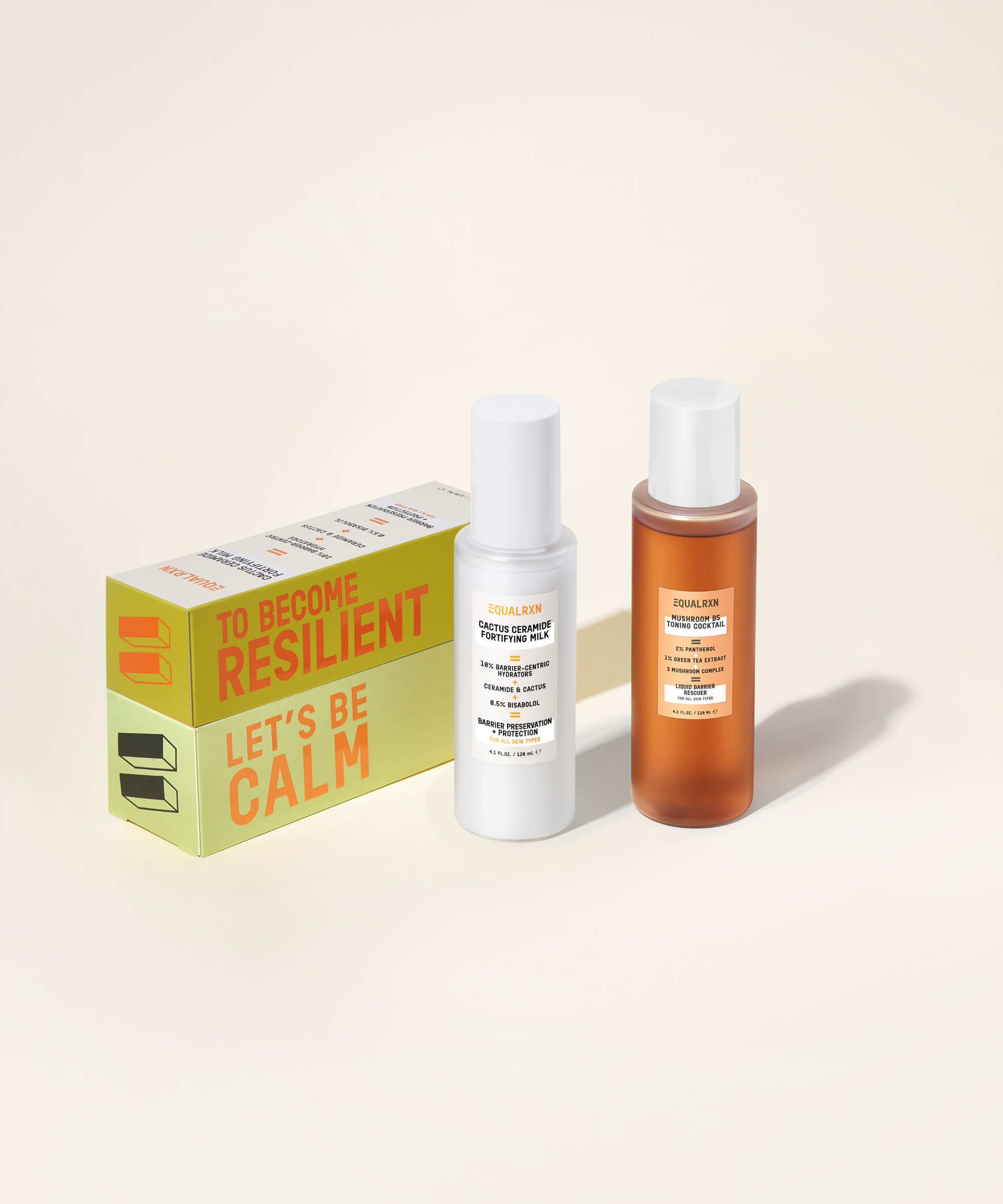
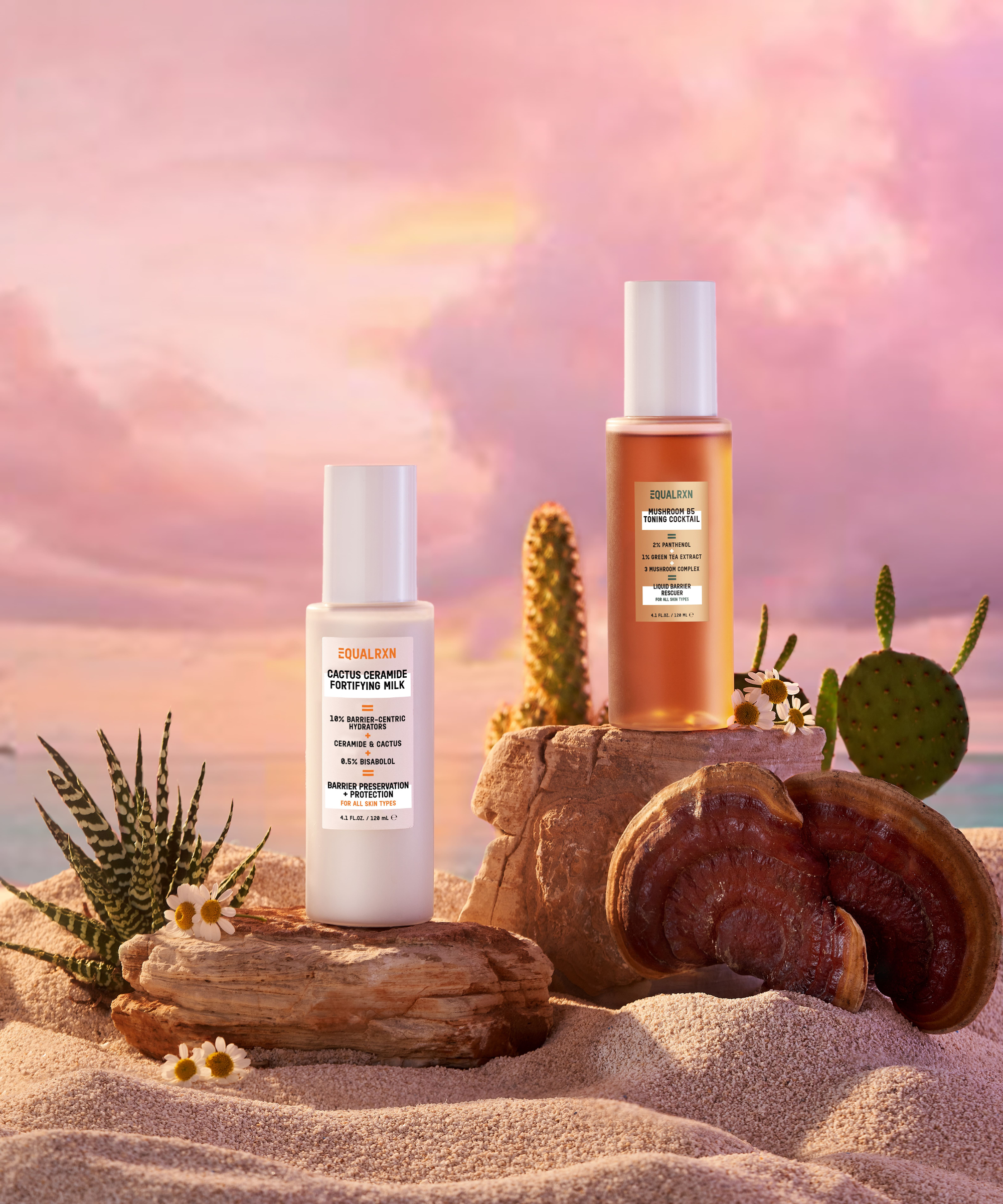
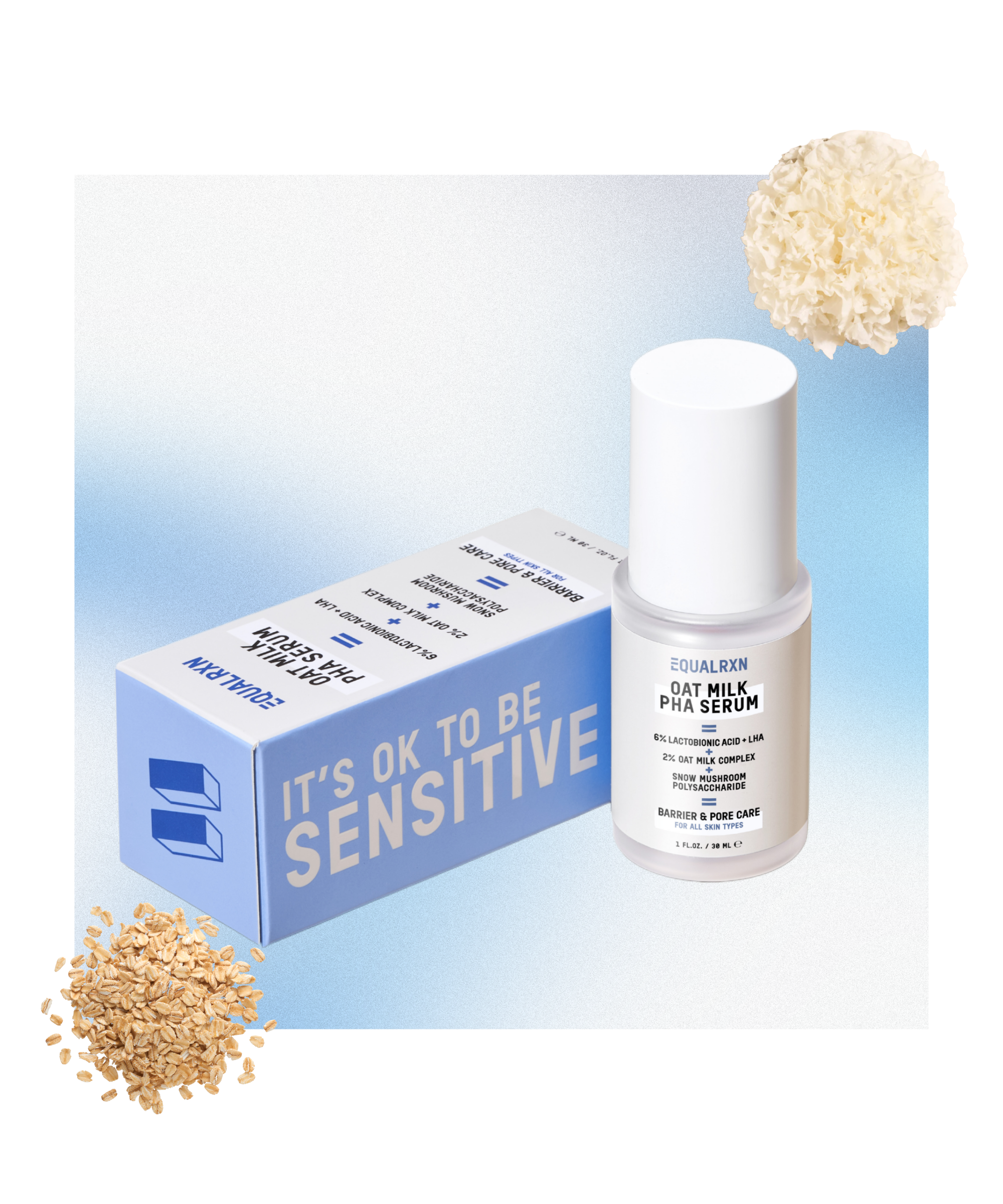

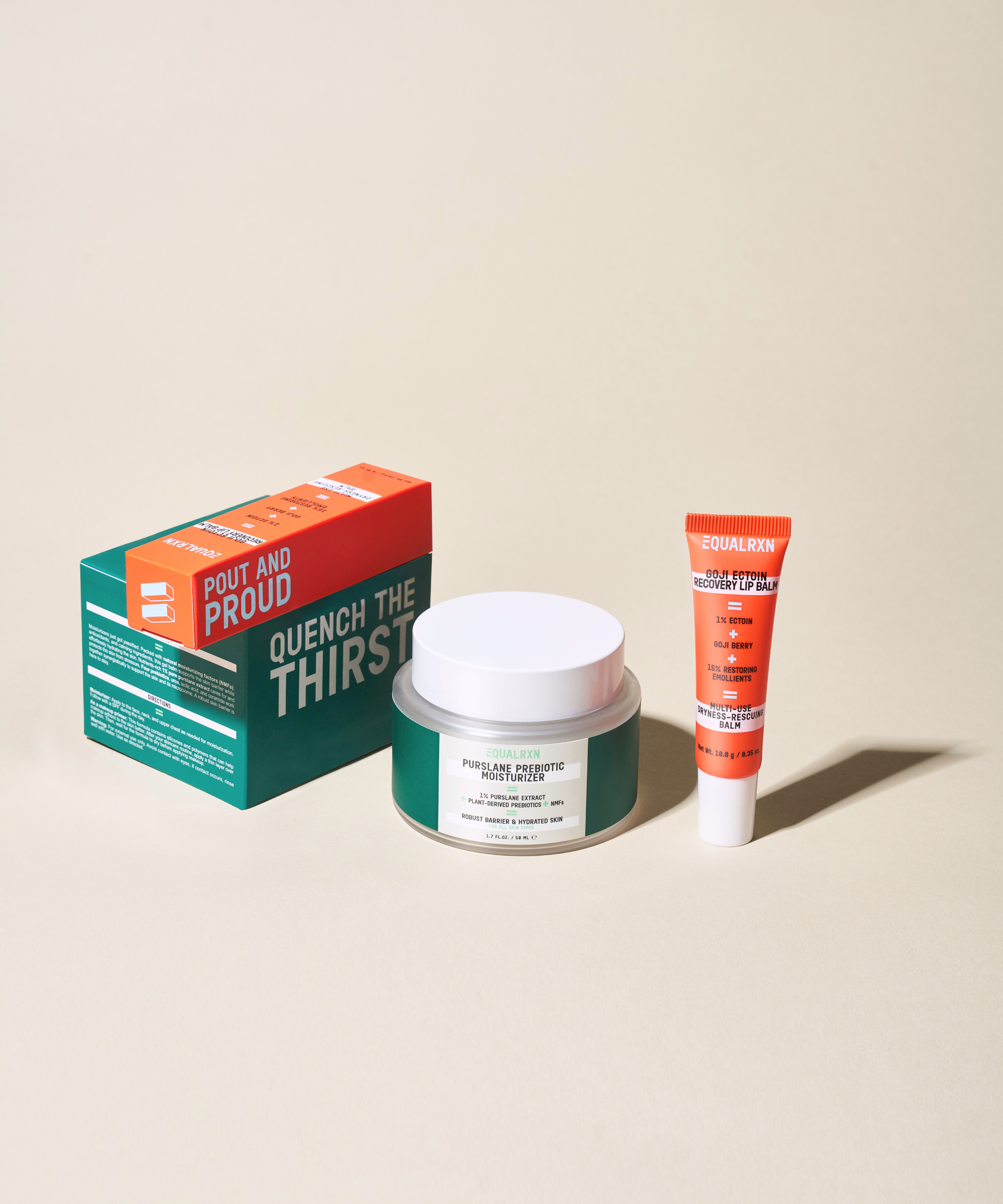





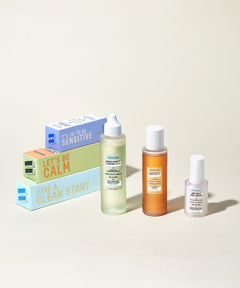
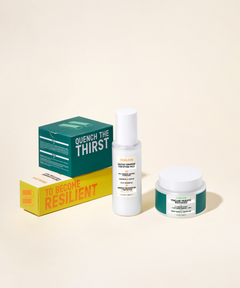
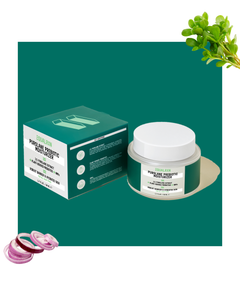
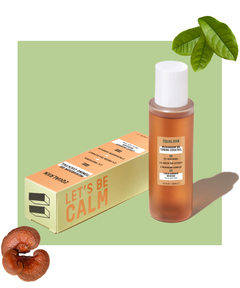


2 comments
I just discovered your brand. I’m impressed with not only your products but also your educational content, which dives into some topics that are frequently ensnared by erroneous or incomplete assumptions. Superb!
Thank you for this clarification!
Leave a comment